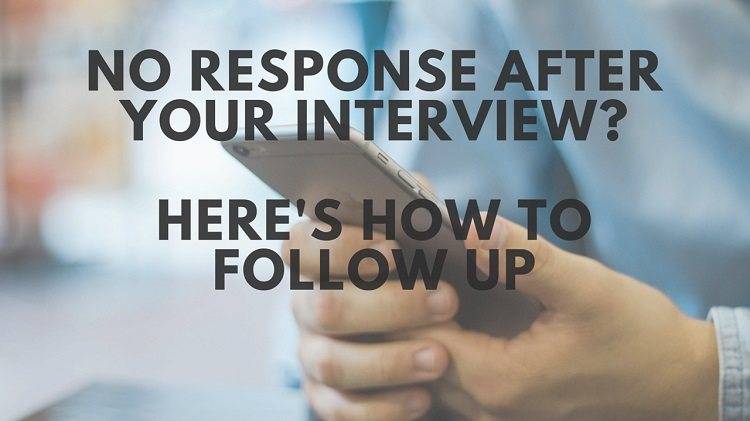Follow-Up Steps After The Interview: Strategies to Help You Get the Offer
Career
Is this free article relevant to this category?
My clients often express frustration after they’ve completed their interviews for a position they want. The common complaints include, “Why doesn’t the company call me back?” or “I feel like I have no power; all I can do is wait for an answer,” or “Can’t I do anything to make the employer say YES?”
After working as a top-level Career Consultant for many years, and helping thousands of clients through the “interview maze,” here is what I can tell you: There is no “secret trick” or “magic bullet” that will get the employer to offer you the job!
You’ll be happy to know, however, that there are some strategies you can use to INFLUENCE the employer’s decision and FINESSE the process. Changing many of your small actions and approaches can actually make a big difference in the outcome of your interviews.
Here are ten suggestions for navigating through the interview process and following-up:
1. Set the stage for effective follow-up. The first strategy is to have a structured follow-up system in the first place (which most candidates do NOT). You should have a plan in place before you even get to the interview! This way, you’ll be able to “put the wheels in motion” immediately, and you won’t have to think about it! This step alone will relieve the pressure and decrease your anxiety. Plus, you’ll feel prepared, pro-active and more in control. Developing your follow-up strategy BEFORE the interview will even enhance your behavior DURING the interview.
2. Act more like a consultant than an applicant. When you’re at the interview, don’t spend all your time trying to “sell” yourself. Focus instead on asking intelligent, probing questions about the employer’s business needs, problems and concerns (like a good consultant would). These questions should be based on the preparation and study you’ve done beforehand. Write-down the interviewer’s answers, which will become the foundation for your follow-up steps. Whenever possible, give specific examples (Accomplishment Stories) from your work history that are directly relevant to the interviewer’s stated challenges.
3. Don’t rush toward an offer. Offers for professional-level job offers are almost NEVER made at the first interview. So, don’t rush the process! The purpose of your initial interview is not to get an offer, but to get invited back for a second meeting – most likely with a higher-level individual at the company. Use every interview to ask more questions and uncover the employer’s primary needs and problems. The more of these challenges you uncover, the better prepared you will be to submit your “proposal for service” at the appropriate time.
4. Confirm next steps. At the end of each meeting, be sure to plan and confirm next steps. Remember, an interview (or ANY meeting, for that matter) is only as good as the follow-up actions that it generates. Don’t settle for “We’ll let you know” or similar comments that place you in a passive position. Assume a more active role, and get a commitment from the employer for “what comes next!”




No comments yet
Be the first to share your thoughts!